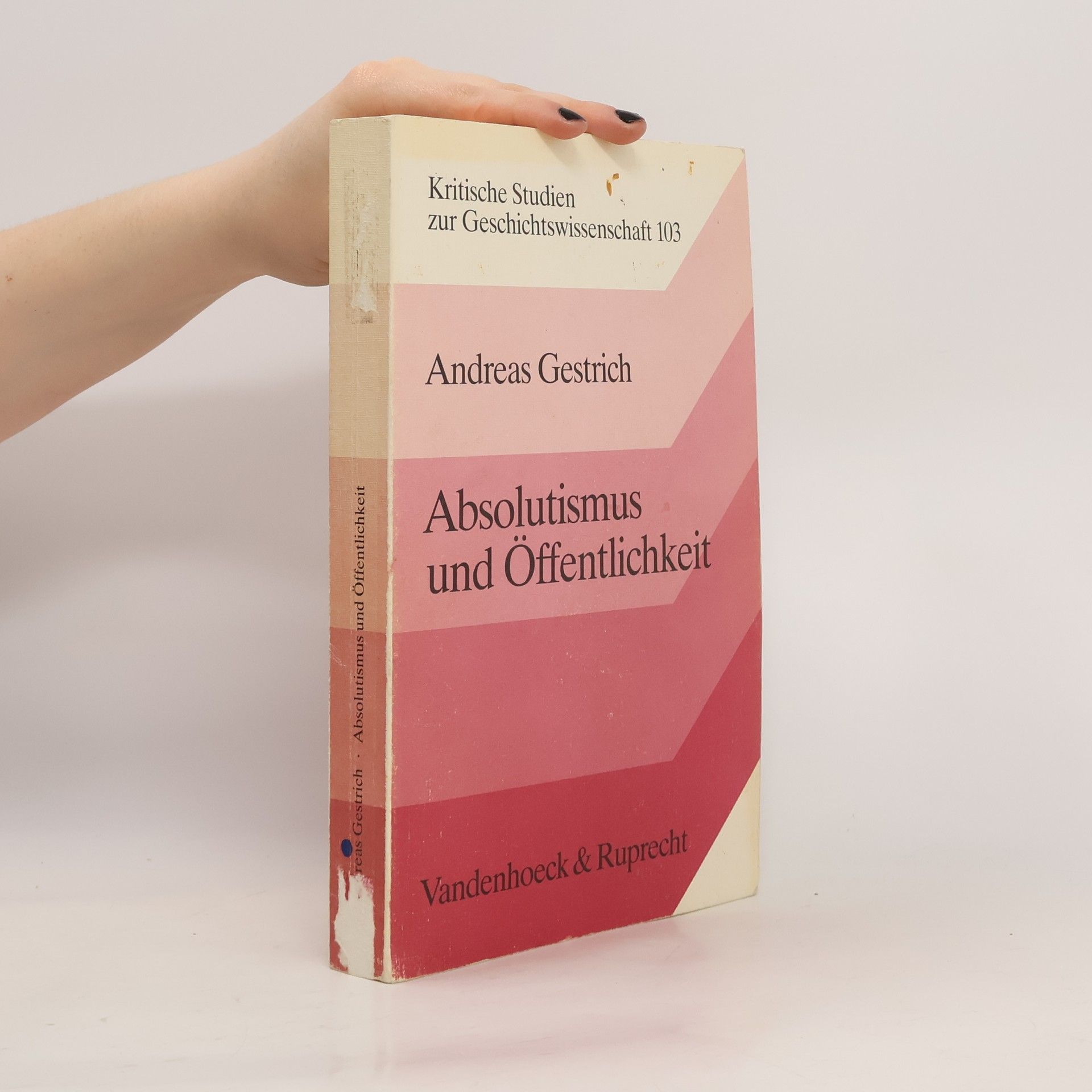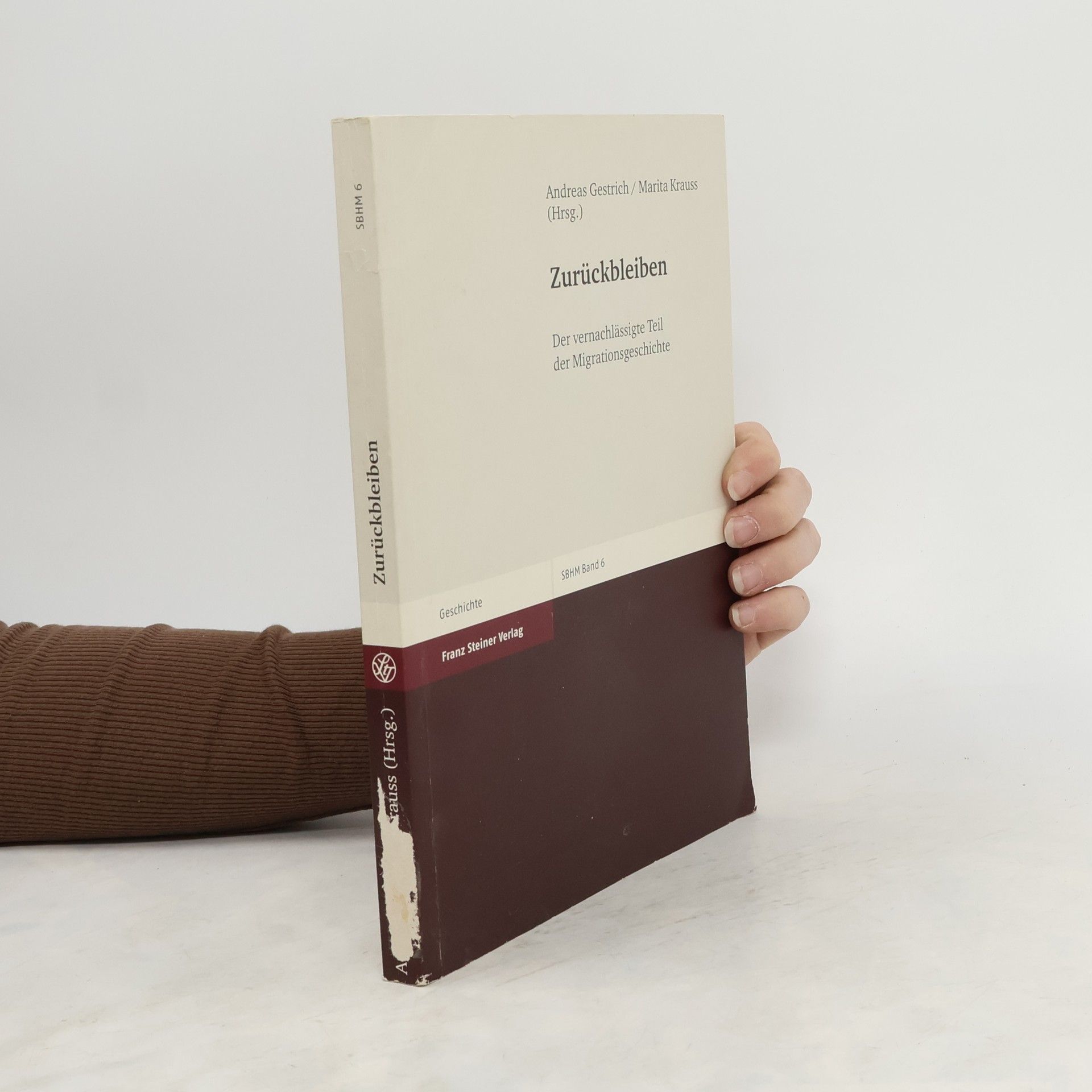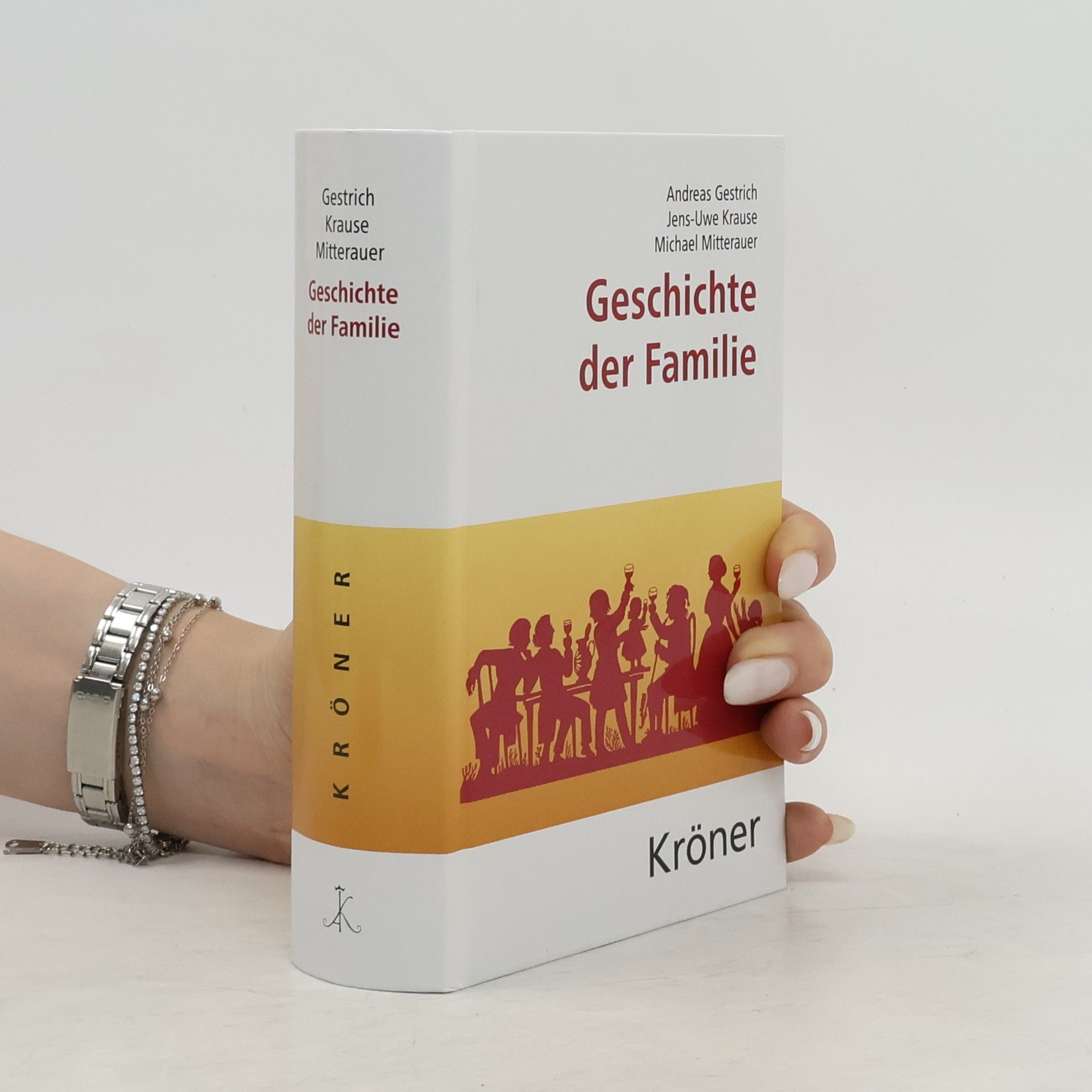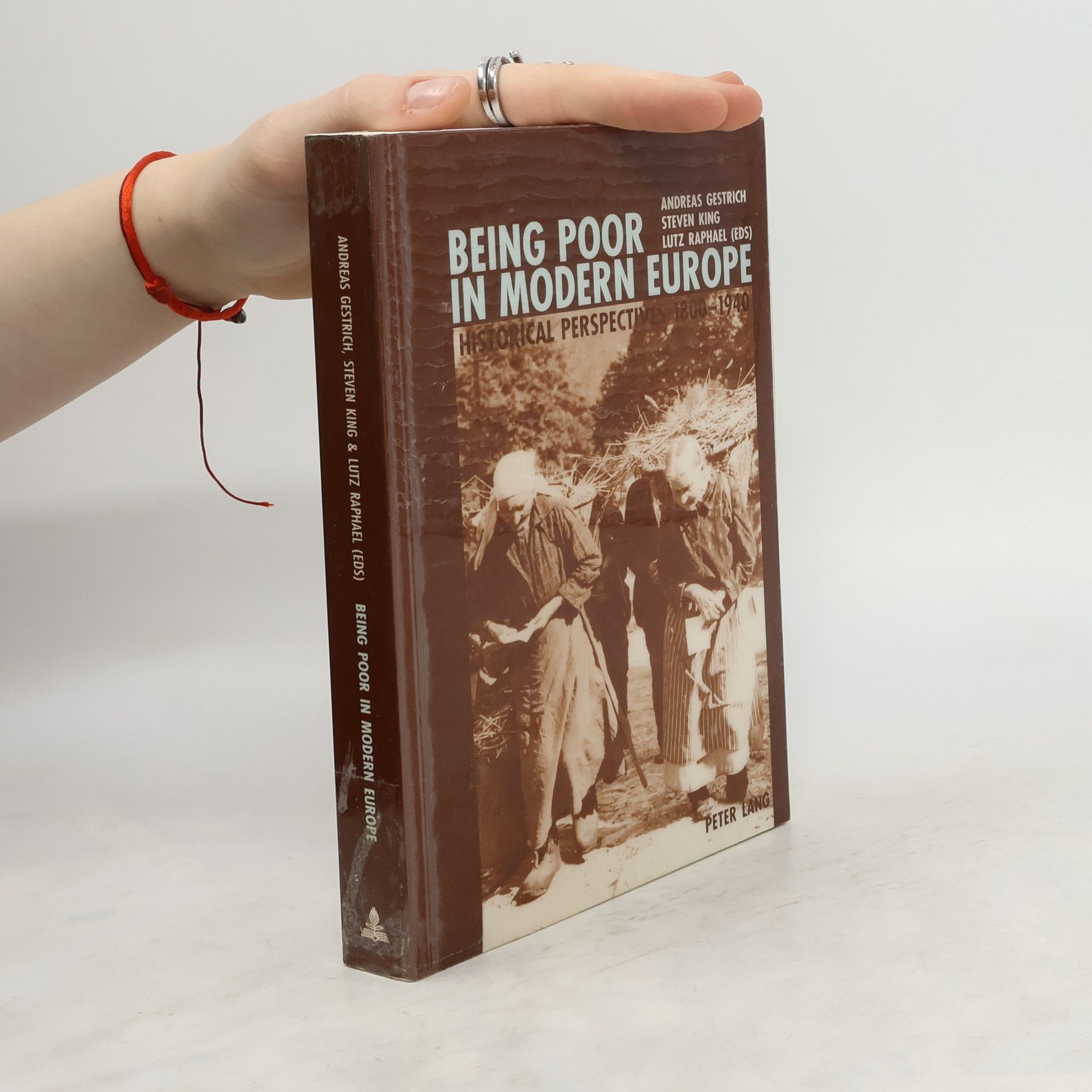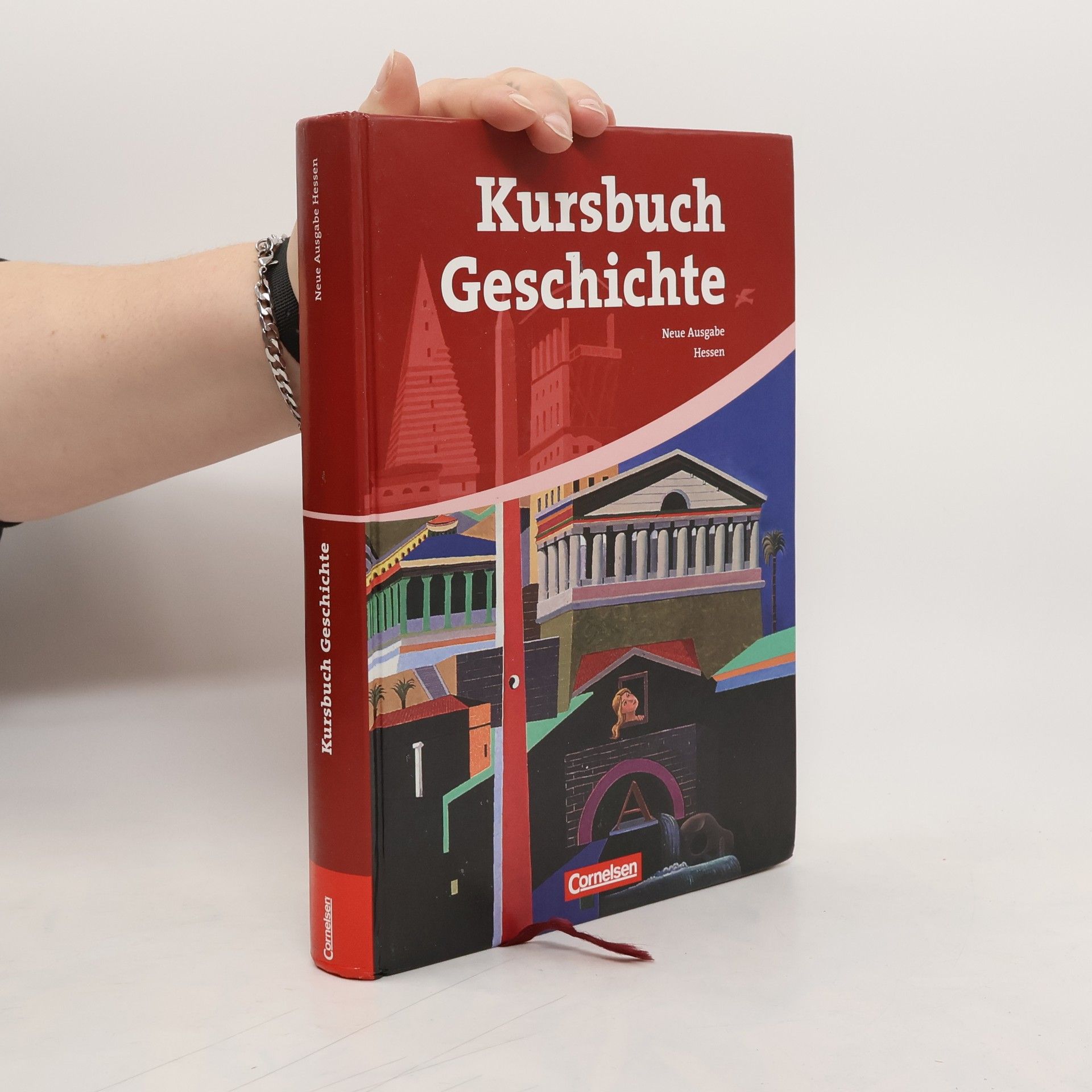Being Poor in Modern Europe
- 540pages
- 19 heures de lecture
This book brings together authors working on some of the most significant poverty and welfare research projects on the European stage. The contributions focus broadly on the experience of being poor in England, Scotland, Ireland and Germany between 1800 and the 1940s, a theme that has received inadequate attention in the European historiography thus far. The chapters are organised into three thematic sections. The first deals with the experience of being networks, migration and survival strategies; the second with confinement, discipline, surveillance and paths to the welfare state; and the third with the symbolism of poverty.
